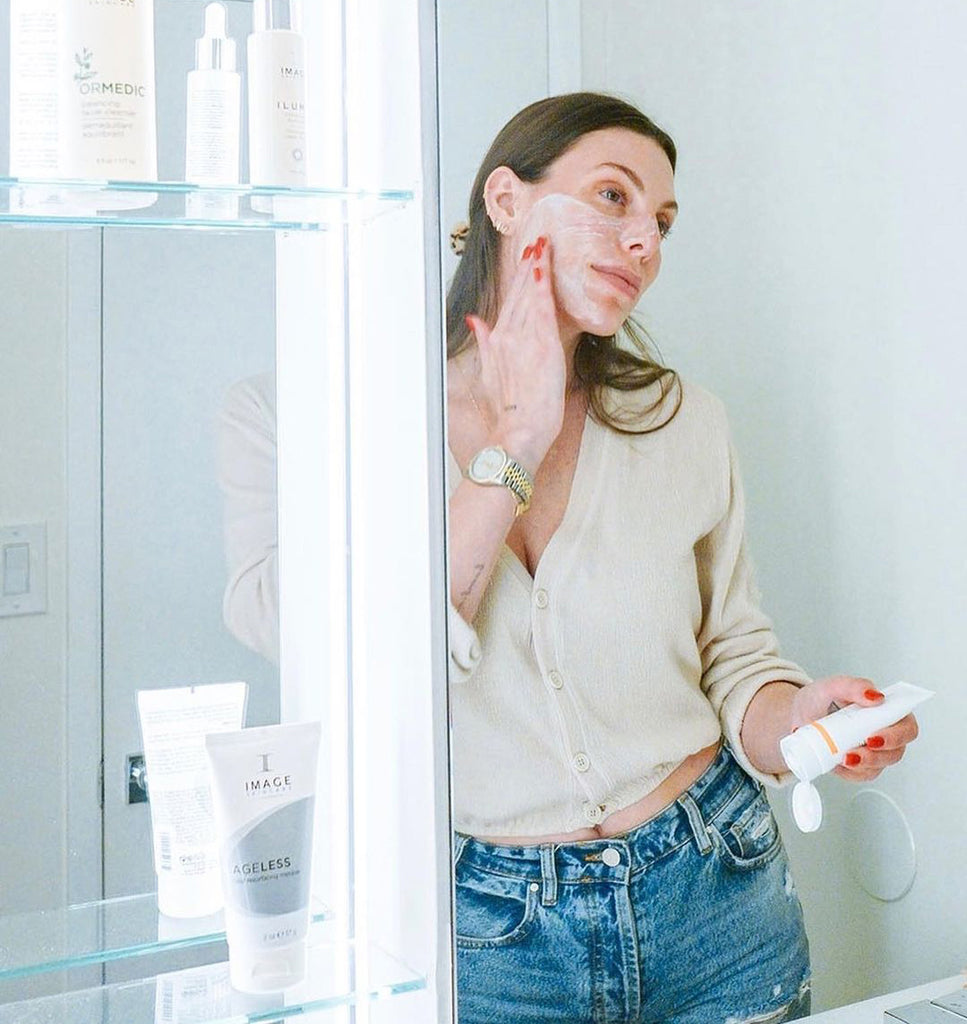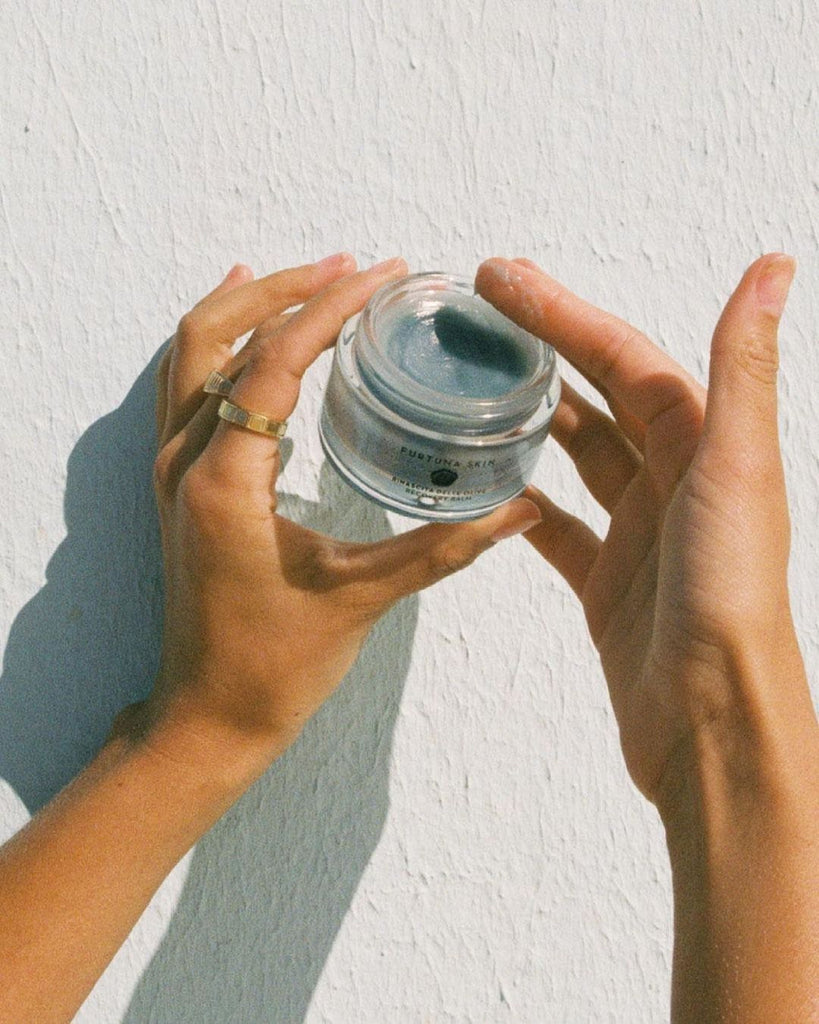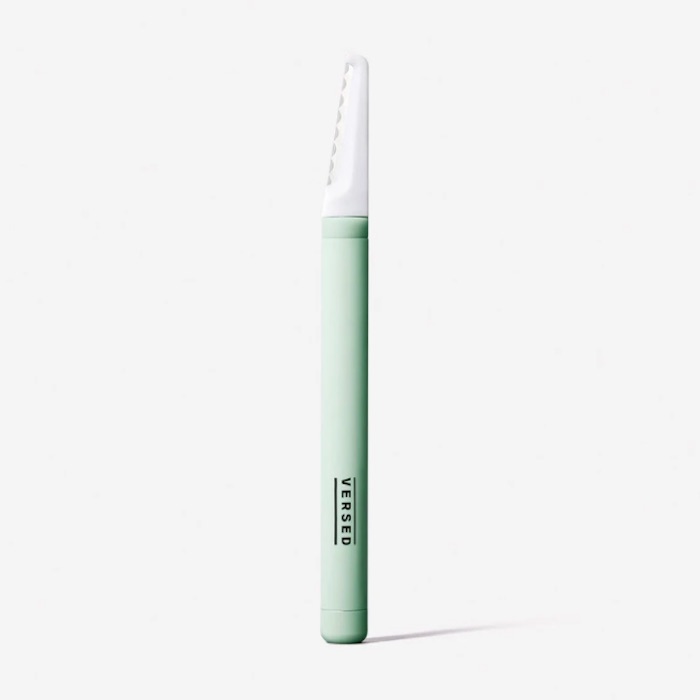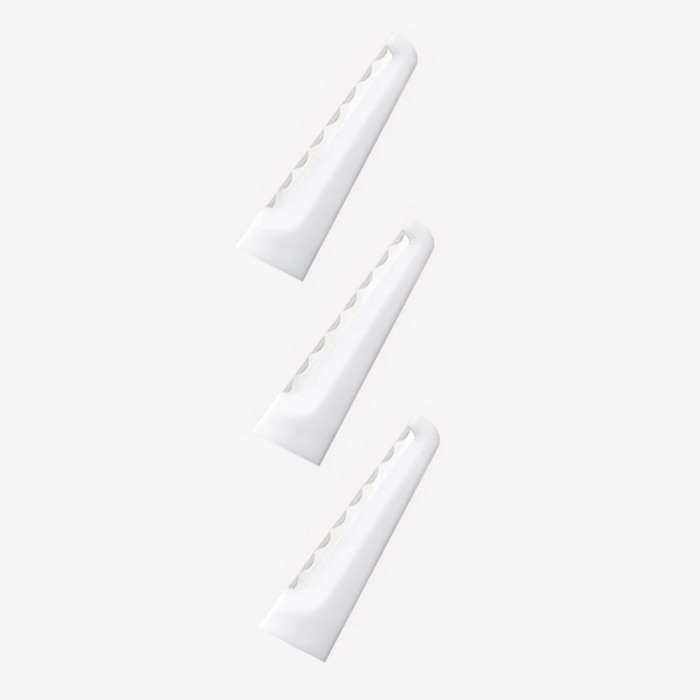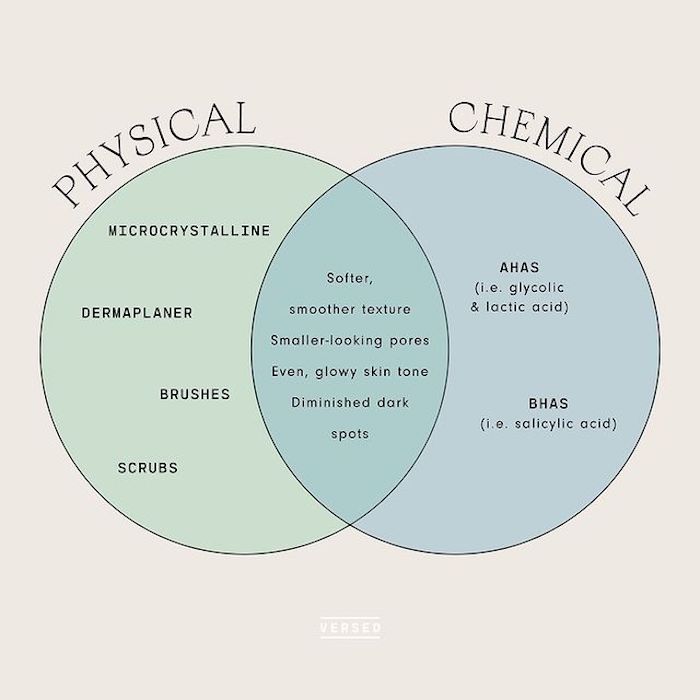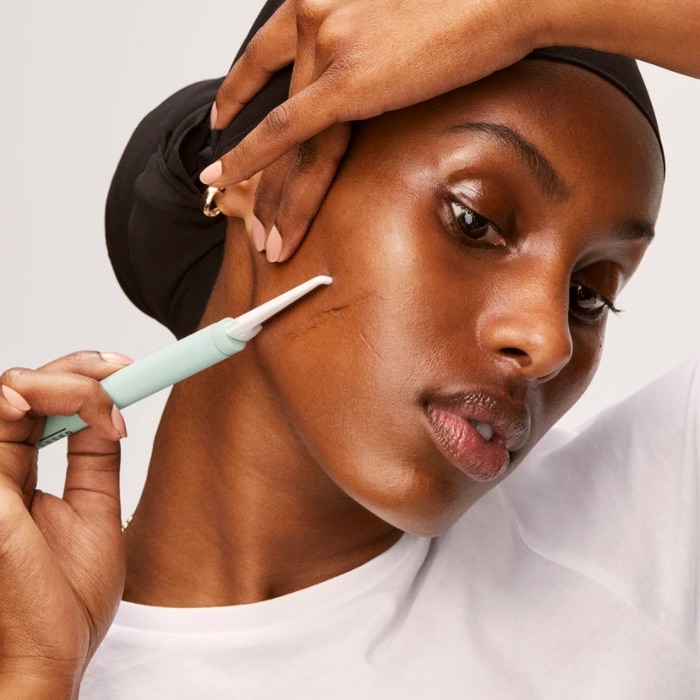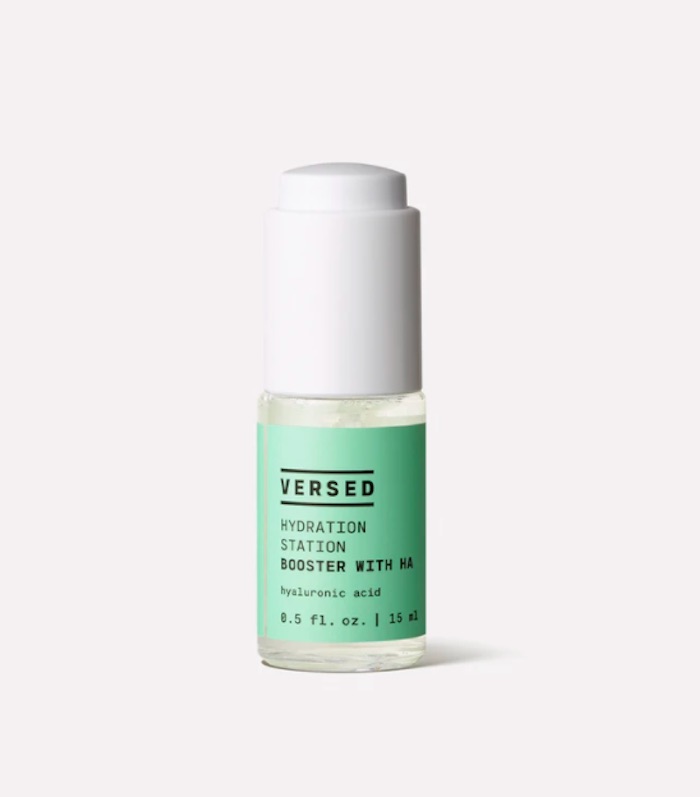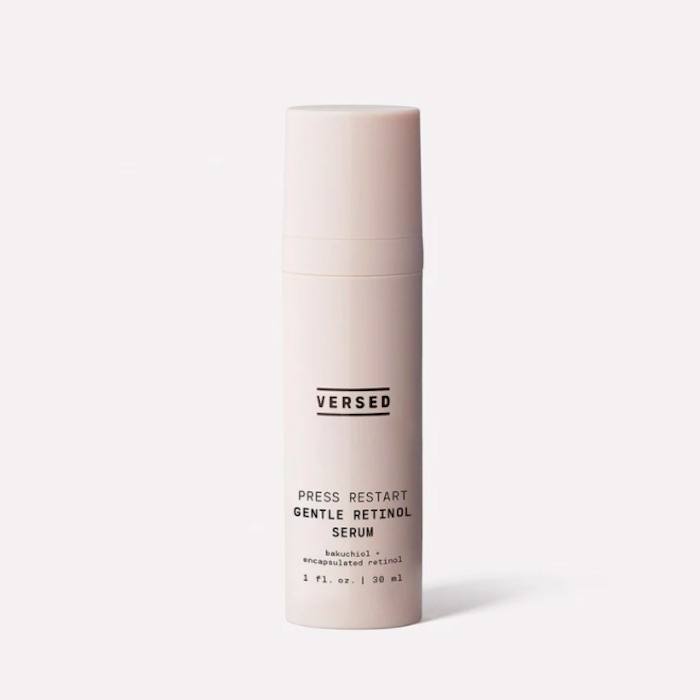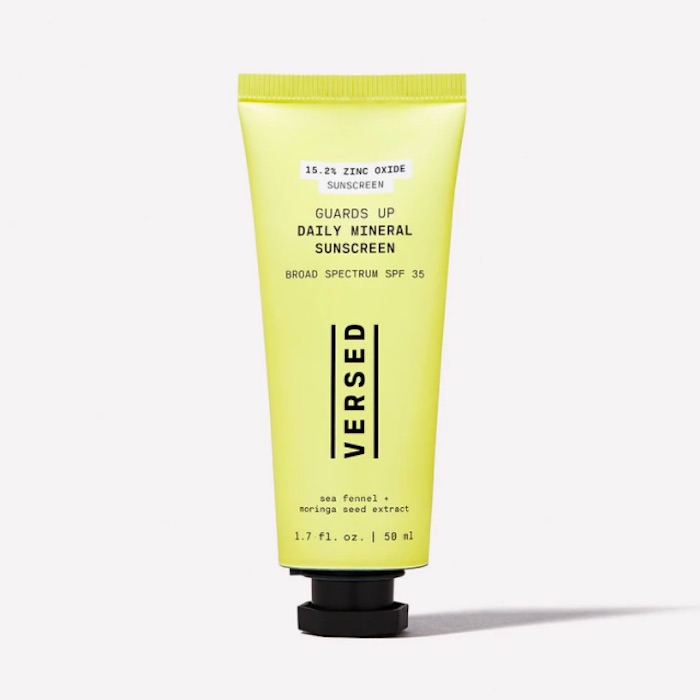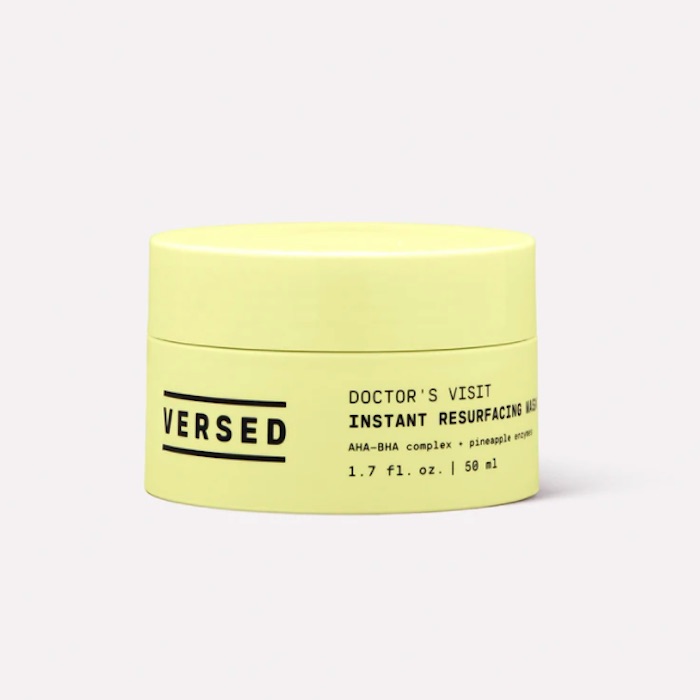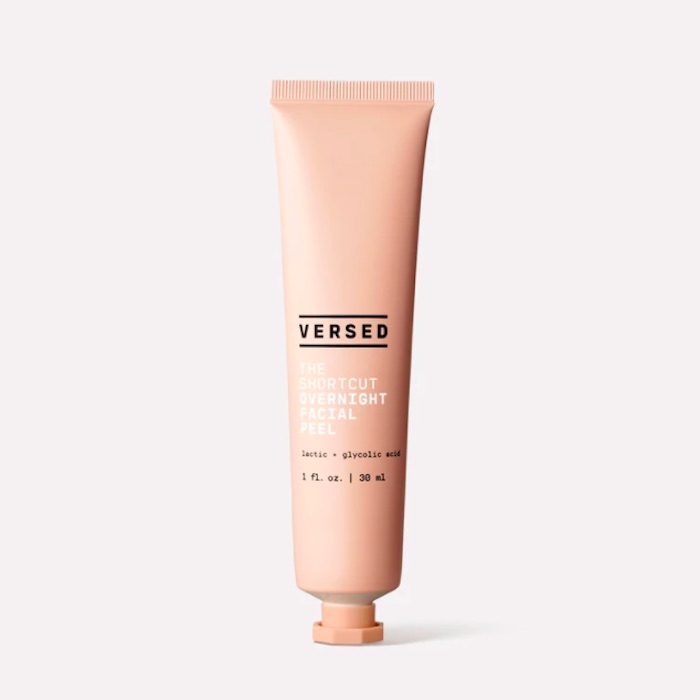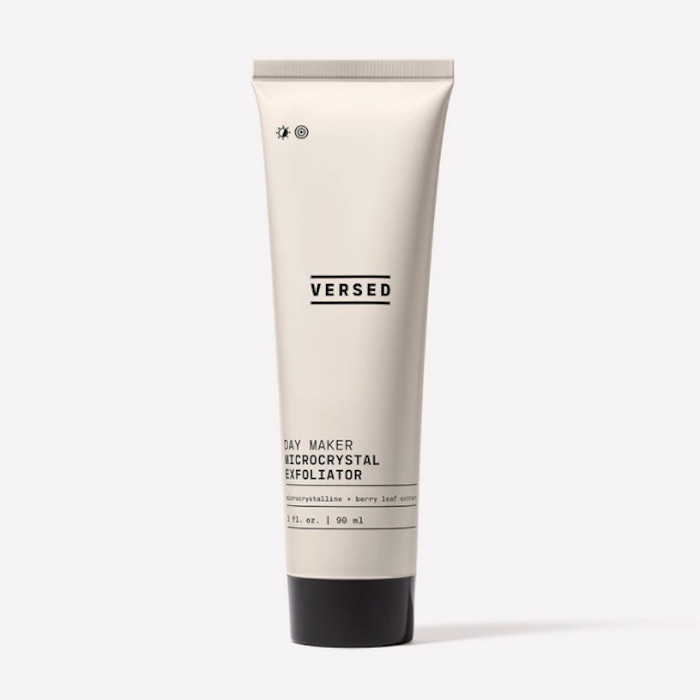As a beauty editor, my skincare routine is ever-evolving. New ingredients, products, and tools come across my desk faster than I can test them all (I know, hard life). As a result, there are aspects of my routine that I consider "normal" now, that would have seemed completely strange at the start of my career. Dermaplaning is one of them.
Even though everyone and their mother are familiar with the practice now, I remember when I first learned about it all the way back when I was a beauty intern. I remember asking myself why I would ever shave my face. Wouldn't it irritate my skin? Wouldn't it cause my peach fuzz to grow back thicker? If only I could have seen myself now. These days, I have a small collection of dermaplaning tools that I use regularly and enthusiastically.
I recently added a new one to my collection, and I couldn't be happier with the results. At only $20, this dermaplaning tool works as well as others that are double or triple its price. Keep scrolling to see which one it is and learn why it's worthy of sitting atop your bathroom vanity.
The single-edge blade is made from durable stainless steel and lasts for three to four uses (or longer, depending on whether or not you're using it over your whole face). I was surprised at just how sharp it is—a sharpness that can only otherwise be found in dermaplaning tools that are double or triple its price.
It's not flimsy or wasteful, either. The reusable handle feels heavy and substantial and features a grippy texture for worry-free use. It took me all of five minutes to use, and I was incredibly happy with the results. My skin was super smooth, which made me feel like my skincare products were able to penetrate better. When I applied makeup the next day, my foundation melted into my skin like a dream.


